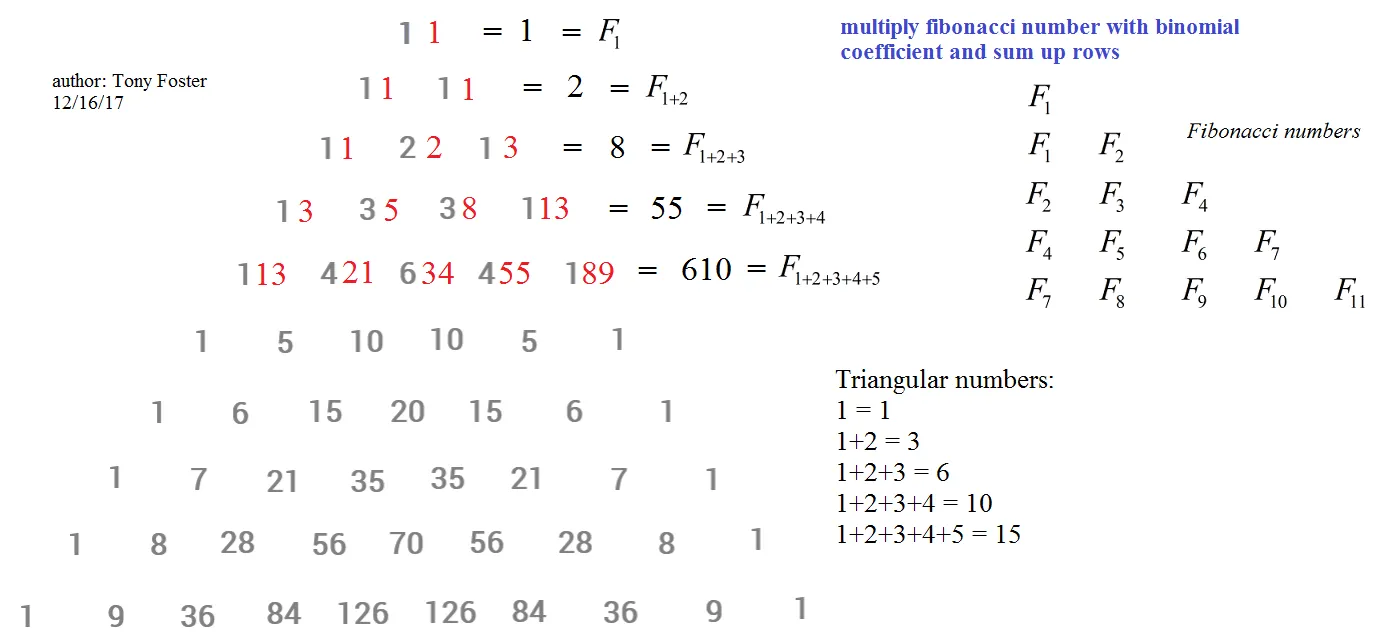Deutsche Bank recently visited our campus for hiring graduate analysts and interns. This was the first they visited our campus and I hope that they continue to visit our campus.
Online round: It consisted of three coding questions. There was one easy, one medium, and one difficult coding question. From this round, 22 students were shortlisted out of 240 students. The shortlisting for this round was based on coding scores and CGPA.
I think there was some fixed no of seats for girls(not sure though).
First Round: The interviewer for this round was a knowledgable person, first, he introduced himself and asked me to introduce myself. In my introduction, I said I love doing problem-solving so he asked me what kind of questions do you solve in competitive coding. So here are the questions he asked me.
1. What is the binary search?
I explained to him a binary search with an example. The example which I gave was finding the frequency of given no in a sorted array.
2. What is a Binary search tree?
I explained this by constructing BST from given nos. Then I explained to him in order traversal also.
3. What is the difference between primary key and a unique key?
I told him that the primary cannot have null value whereas a unique key can have a null value. He asked me a few other questions on primary keys which I don’t remember now xD ( sorry ).
4. What is meant by global variable, local variables, automatic variable?
Local Variable: I told him that the variable which is declared inside some blocks is called a local variable, their lifetime till the block. They can only be accessed inside the block.
Global variable: The variables which are declared outside all the blocks and can be accessed from anywhere in the code. They exist until the life of the program. I told him how can we access the global variable using the scope resolution operator.
At that time I did not know what automatic variable was, so I directly told no to him but later after the interview, I searched and found that local and automatic variables are the same thing.
5. What are the pointers?
I explained to him that pointers are the variable that holds the address of other variables. I told him about the references also. Then we had a discussion on the void pointer. I told him about the application of pointers.
Then he gave a code and asked me to tell its output. The code was:
void fun (int ptr )
{
ptr = 111;
}
int main(void) {
int p = 11;
fun (p);
printf ( “%d”, p );
return 0;
}
I was able to answer this question.
6. What is a queue and what is a priority queue?
- Queue: A linear data structure that follows first in the first out policy.
- Priority queue: Special queue which has priority. I told him priority queue is implemented using a heap data structure.
I explained to him the working of the max heap with the example and properties of heap data structure.
7. What is heap sort?
I wrote code for heap sort and explained the time complexity of all the operations. He was quite satisfied.
He asked me about greedy sort about which I had no idea :/
#interview experiences #deutsche bank #marketing
